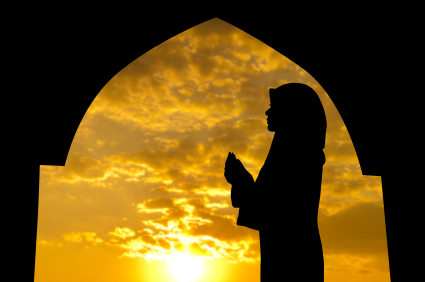Muslims around the world are currently fasting during daylight hours. However, soon they will celebrate. Here are four important facts about two of Islam’s observances:
1. Ramadan is a holy month in the Islamic calendar.
Ramadan is the ninth month of the Islamic year. During Ramadan, Muslims abstain from eating, drinking, smoking, and sexual relations from dawn to dusk. This observance is part of sawm, one of the Five Pillars of Islam. In Islamic countries, it is courteous for non-observers to refrain from eating, drinking, and smoking in front of Muslims observing Ramadan.
2. On other calendars, the dates Ramadan begins and ends change each year.
Unlike the Gregorian or solar calendar, the Islamic calendar is a lunar calendar. The lunar month has 29.5 days, so the months rotate and are not tied to the seasons. Most calendars in Islamic countries are printed with both Gregorian and the Islamic dates.
3. Business hours in Islamic countries may change during Ramadan.
Many government offices, restaurants and stores have shorter hours during Ramadan. Shops sometimes stay open later in the evenings to accommodate observers. Some restaurants opt to offer meals to non-Muslim customers during the day, but others close during this time.
4. The end of Ramadan also marks an important Islamic holiday.
Eid al-Fitr, which begins the day after Ramadan ends, is a holiday of celebration and prayer. While traditions vary from region to region, new clothing, family gifts, and sumptuous feasts are common. Islamic countries often observe Eid al-Fitr as a national holiday, and in some the celebration lasts multiple days. This year, observation of Eid al-Fitr will begin on August 7 in most countries.
Make information like this easily available to your assignees by subscribing to Living Abroad’s International Relocation Center.
Click here for a free trial!
The Free Trial gave me the opportunity to view the depth of information in every report at no risk.
– Craig H.

